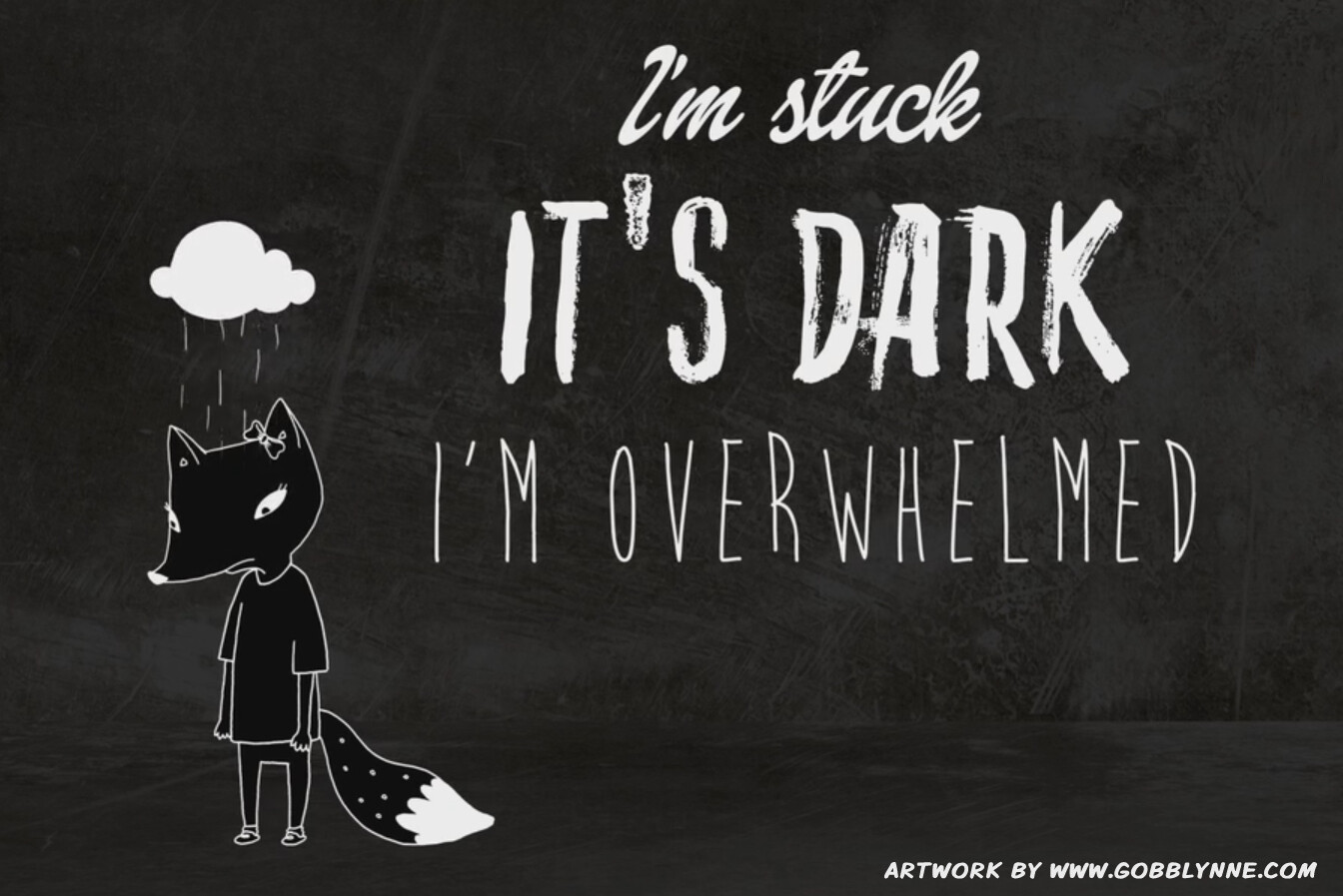I have often heard the question, “What should I say when...?” The question ends with a description of a painful situation such as...my friend is grieving his father’s death...my co-worker comes to me in tears...my neighbor wants to share her hurt over her marriage ending, etc. As compassionate people, we are hoping to be helpful to the hurting people in our lives. While there is no script or formula for every situation, there is a healing way to respond to the pain in others.
The apostle Paul gave us some helpful direction about loving people in pain with his encouragement to the church in Rome. Rejoice with those who rejoice; mourn with those who mourn (Romans 15:15). Notice how Paul’s words urge us to “feel with” each other in our joys and our sorrows. This is the nature of empathy which is more powerful than any advice or “fix” we can offer.
I discovered this brief video clip by Brené Brown that beautifully illustrates the power of empathy and distinguishes it from the “silver lining” approach. Here is the link: https://vimeo.com/81492863.
The Power of Empathy from Gobblynne on Vimeo.
In the video, she references Theresa Wiseman’s description of empathy’s four components:
- taking the perspective of the other person
- staying out of judgment
- recognizing emotion in other people
- communicating that emotion
As in Paul’s words to the Romans, empathy is “feeling with” the other person. And this is the hard part of empathy. It is “a vulnerable choice because, in order to connect with you, I have to connect with something in myself that knows that feeling.”
Henri Nouwen said it like this:
“Who can listen to a story of loneliness and despair without taking the risk of experiencing similar pains in his own heart and even losing his precious peace of mind? In short: “Who can take away suffering without entering it?” (Henri J.M. Nouwen, The Wounded Healer).
Finally, Brené Brown implores us to remember that “rarely can a response make something better. What makes something better is a connection.”

